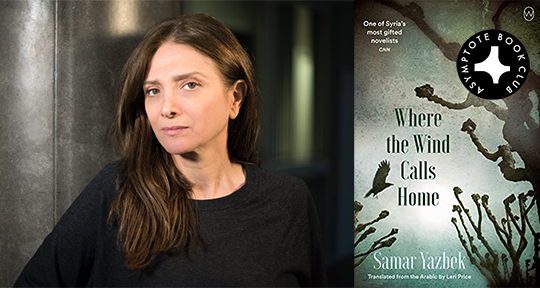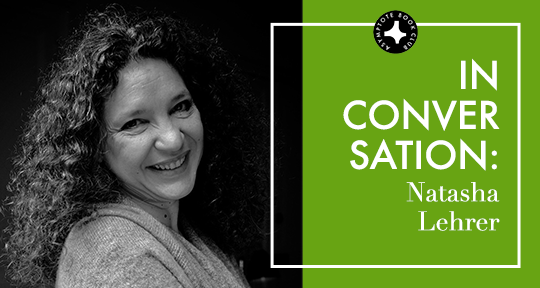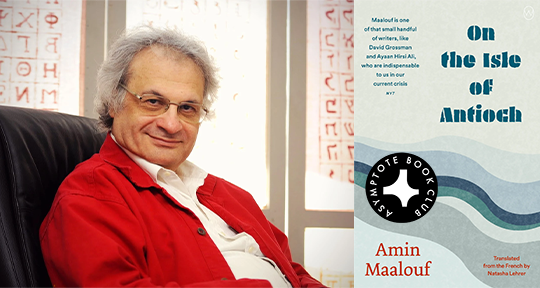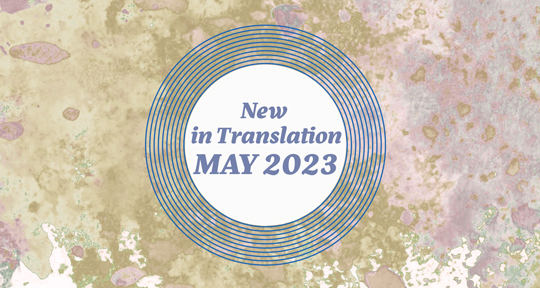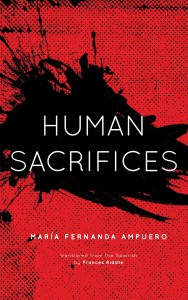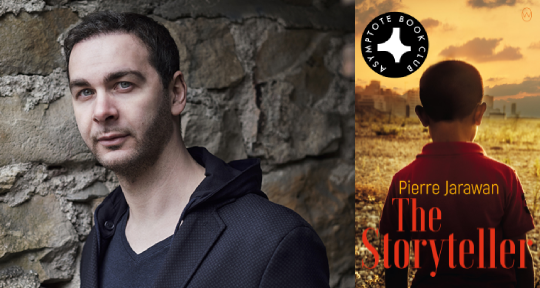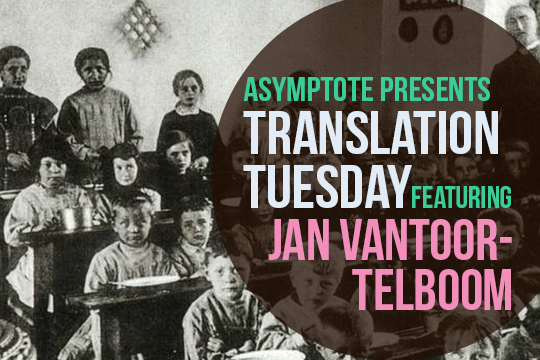Where the Wind Calls Home, Syrian author Samar Yazbek’s latest novel to be translated into English, is a stunning offering of spirituality, memory, and all those implacable, liminal spaces wherein only the mind may venture. Written from the perspective of a young soldier as he lays dying from his wounds, Yazbek describes both the unthinkable wreckages of conflict and the translucent totems of faith with her singular musicality and vividity, tracing backwards through recollections and reveries to collage all the brute realities of civil war with the individuals whose rich internal lives pattern the battlefields.
The Asymptote Book Club aspires to bring the best in translated fiction every month to readers around the world. You can sign up to receive next month’s selection on our website for as little as USD20 per book; once you’re a member, join our Facebook group for exclusive book club discussions and receive invitations to our members-only Zoom interviews with the author or the translator of each title.
Where the Wind Calls Home by Samar Yazbek, translated from the Arabic by Leri Price, World Editions, 2024
There is an unforgettable moment in Adania Shibli’s Touch when the child narrator, through whose eyes the world arrives in intensities of colour and sensation, attempts to decipher words emanating from the TV. Amid the flotsam and jetsam of indistinct syllables, she finally makes out “Sabra and Shatila”. She thinks then not of the horrific massacre in Beirut but of the sabr cactus growing in her vicinity; the name, stripped out of the matrix of history, can only signify as something tangible, close at hand.
Such strategies of defamiliarisation came to mind while I was immersed in the free-floating atmospheres of Samar Yazbek’s Where the Wind Calls Home. Its oneiric rhythms, elegantly recreated in the English translation by Leri Price, mimic the roving consciousness of an adolescent soldier, known only as Ali. Forcibly conscripted into the frontlines of the Syrian Civil War, he survives an enemy attack in the Latakia mountains only to hover on the edge of death. As he struggles to regain a feeling of where his injured, possibly dismembered body might begin and end, his mind takes flight; memories of childhood creep back into him. Time on the narrative surface runs the course of a single day, blue sky shading into a “raw and tender” moon. Beneath reality seethes the inexpressible current of remembrance, obeying its own laws of sequence and cadence.
Yazbek is more interested in the sensuous immediacies of embodiment than in the airy abstractions of power. Her previous offering, Planet of Clay—a finalist for the 2021 National Book Awards, also translated by Price—inhabited the perspective of a mute girl, similarly caught starkly within the crossfires on the Civil War. Against its barbarities, she seeks a sanctuary in crayoned drawings and imagined planets. Even in Yazbek’s non-fictional accounts of revolutionary betrayal, ranging from the diaristic to the journalistic, she retains a similar sensibility: “Oh spinning world, if my little heart, as small as a lump of coal, is wider than your borders, I know how narrow you are!” READ MORE…

